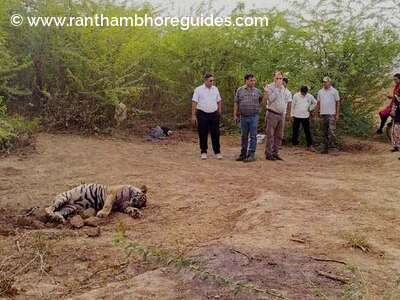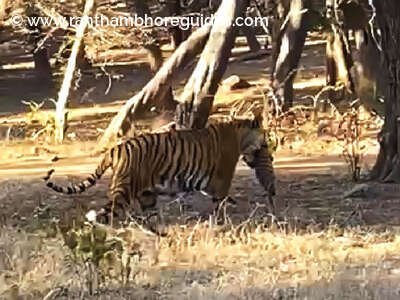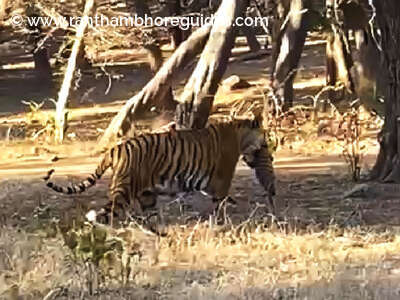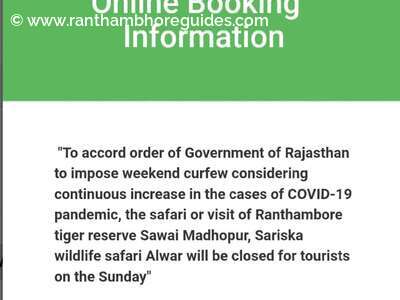On the occasion of International Owl Awareness Day [August 4, 2021], wildlife conservation organizations TRAFFIC and WWF, India have produced an educational poster titled ‘Imperilled by illicit wildlife trade: Owls of India' to raise awareness about owl species in India.
TRAFFIC has identified 16 owl species that are regularly trafficked in India's illegal wildlife trade. TRAFFIC and the World Wide Fund for Nature-India (WWF India), a conservation organisation dedicated to the protection and preservation of natural heritage and ecosystem, have collaborated to create this educational poster to help prevent illegal activities in the nation.
Poaching and trafficking of owls in India has become a profitable illegal activity based on superstition,” Saket Badola, Director of TRAFFIC, India, was cited as saying in a news release published that day.
Sixteen owl species found in India are the most often reported in the illicit wildlife trade. Asian Barred Owlet (Glaucidium cuculoides), Barn Owl( Tyto alba), Brown Fish Owl (Ketupa zeylonensis), Brown Hawk Owl (Ninox scutulata), Brown Wood-owl (Strix leptogrammica), Collared Owlet (Glaucidium brodiei), Collared Scops-owl (Otus bakkamoena), Dusky Eagle Owl( Bubo coromandus), Eastern Grass-owl( Tyto longimembris), Jungle Owlet( Glaucidium radiatum), Mottled Wood-owl (Strix ocellata), Oriental Scops-owl (Otus sunia), Rock Eagle-owl (Bubo bengalensis), Spot-bellied Eagle-owl( Bubo nipalensis), Spotted Owlet (Athene brama), and Tawny Fish-owl (Ketupa flavipes).
The poster ‘Imperiled by illicit wildlife trade: Owls of India' is freely available to enforcement authorities such as forest departments, police, the Wildlife Crime Control Bureau (WCCB), Sashastra Seema Bal (SSB), and the Railway Protection Force (RPF).
Concerning TRAFFIC
TRAFFIC, the wildlife trade monitoring network, is trying to guarantee that the wildlife trade does not endanger environmental protection. In India, TRAFFIC works as a programme section of WWF–India, the country's leading conservation organisation. More information is available at www.traffic.org and www.trafficindia.org.







